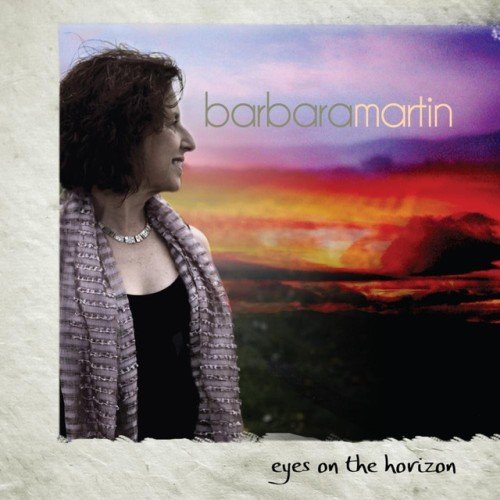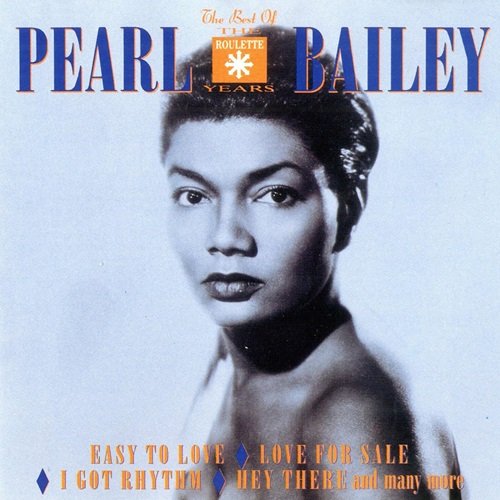Estonian Philharmonic Chamber Choir, Paul Hillier - Galina Grigorjeva - Nature Morte (2016) CD-Rip
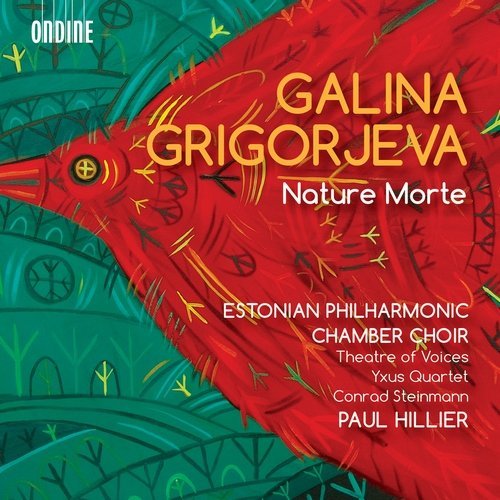
Artist: Estonian Philharmonic Chamber Choir, Paul Hillier
Title: Galina Grigorjeva - Nature Morte
Year Of Release: 2016
Label: Ondine
Genre: Classical
Quality: FLAC (image+.cue,log,scans)
Total Time: 66:21
Total Size: 290 Mb
WebSite: Album Preview
Tracklist: Title: Galina Grigorjeva - Nature Morte
Year Of Release: 2016
Label: Ondine
Genre: Classical
Quality: FLAC (image+.cue,log,scans)
Total Time: 66:21
Total Size: 290 Mb
WebSite: Album Preview
Galina Grigorjeva (b.1962)
[1]-[6] Svjatki for mixed choir (1997/2004)
[7] Salve Regina for vocal quartet and string quartet (2013)
[8]-[9] Diptych for male choir (2011)
[10] Lament for recorder (2000)
[11]-[13] Nature Morte for mixed choir (2008)
[14] In paradisum for mixed choir (2012)
Performers:
Theatre of Voices ([7])
YXUS Quartet ([7])
Conrad Steinmann recorder ([10])
Estonian Philharmonic Chamber Choir
Paul Hillier, conductor
Though born in Ukraine, composer Galina Grigorjeva has lived in Estonia since 1992 and has worked within that country's deep tradition of sacred choral music. She studied music in Tallinn in the mid-'90s, and her music is thus interesting in terms of representing the thoughts of a younger generation that has absorbed the holy minimalism of Arvo Pärt as well as a variety of other styles from the Slavic world and beyond. Indeed, the unifying stylistic thread of the six works on the album can be hard to find, and indeed the booklet notes by Saale Karede point to "the living light that glows through the music," most of it religious. But Karede also refers to "exceptionally suggestive original material and its concentrated and inventive elaboration," qualities that must have led conductor Paul Hillier and his Theatre of Voices to champion the composer. You can see where he's coming from; these are concise works with a dramatic flair, whether they draw on minimalism, the traditions of Slavic church music, or Western motet forms (the tonalities vary, but tonal organization is never abandoned). The title work, to English-language poems by Joseph Brodsky, may be the most powerful; sample its titular first movement (track 11) with its soaring soprano lines for a taste of Grigorjeva's personal adaptation of a Pärt influence. The Lament for recorder, originally recorded for flute, but extremely nifty in this version that makes use of the recorder's distinctive attack, is also unusual. The Estonian Philharmonic Chamber Choir and Hillier's Theatre of Voices are in fine precise form, and they are ably backed by Ondine's engineering team, working in Tallinn's sonically impressive Niguliste Church. A fine excursion through new choral trends in Eastern Europe.


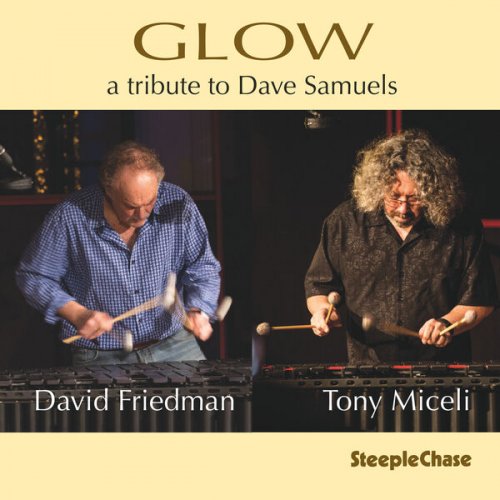
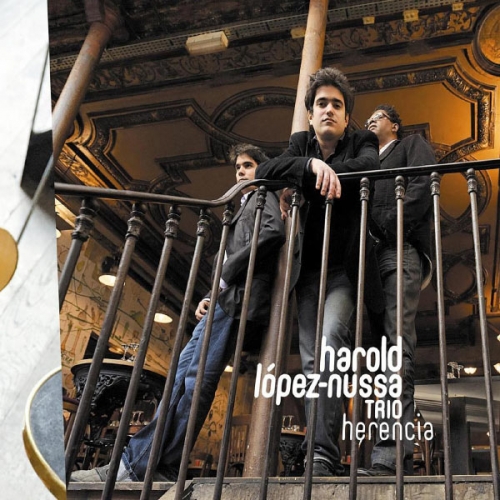

![Cheo Feliciano - Mi Tierra y Yo (Remastered 2026) (2026) [Hi-Res] Cheo Feliciano - Mi Tierra y Yo (Remastered 2026) (2026) [Hi-Res]](https://img.israbox.com/img/2026-02/26/3utwbyq7th3hn4a5zsf7qsky1.jpg)
